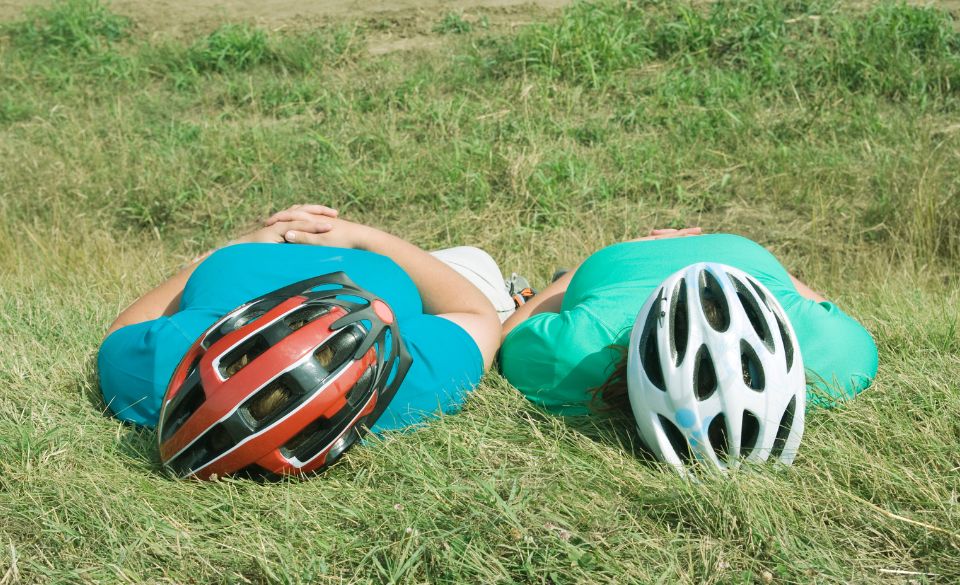
When Do Cyclists Sleep in Tour de France?
Page Contents
The Tour de France is known for its grueling stages, covering thousands of kilometers over a span of three weeks. With riders pushing their limits day after day, one might wonder, “When do cyclists actually find time to sleep during this demanding race?” Let’s delve into the fascinating world of the Tour de France and explore the sleeping patterns of these endurance athletes.
The Challenges of Sleep in the Tour de France
Before we dive into the specifics, it’s important to understand the challenges cyclists face when it comes to sleep during the Tour de France. The race demands incredible physical exertion and mental focus, making recovery and rest crucial for riders to perform at their best. However, time constraints and the demanding race schedule often make it difficult for cyclists to get adequate sleep.
Sleeping Strategies of Cyclists
Given the constraints of the race, cyclists employ various strategies to ensure they get enough rest to recover and prepare for the next stage. Here are some common approaches adopted by riders:
Napping During the Day
Cyclists often take short power naps during the day to supplement their nighttime sleep. These naps, typically lasting around 20 to 30 minutes, allow riders to rest and recharge without interfering with their circadian rhythm. Napping during the day can help cyclists combat fatigue and enhance their overall performance during the race.
Sleeping on the Team Bus
When the Tour de France involves long transfers between stages, cyclists may opt to sleep on the team bus or in specially designed mobile sleeping areas. This allows them to maximize their rest time between stages while minimizing the time spent on commuting. Teams often prioritize creating comfortable sleeping conditions, providing riders with mattresses, curtains for privacy, and other amenities to facilitate quality sleep.
Overnight Hotel Stays
During the Tour de France, teams stay in hotels located near the race route. These overnight stays provide riders with a chance to have a more extended period of restorative sleep. However, the time available for sleep is still limited due to early morning starts and pre-race preparations. Cyclists must strike a balance between sleep, nutrition, and other recovery activities to optimize their performance.
The Role of Technology in Sleep Optimization
In recent years, advancements in technology have played a significant role in helping cyclists optimize their sleep during the Tour de France. Sleep tracking devices, such as wearable fitness trackers and smartwatches, provide riders with valuable insights into their sleep patterns and quality. These devices monitor metrics like sleep duration, sleep stages, and even heart rate variability, allowing cyclists to make informed decisions about their sleep strategies.
Additionally, teams and individual riders may work with sleep specialists who analyze sleep data and provide tailored recommendations for improving sleep quality. These recommendations could include adjusting sleep schedules, implementing relaxation techniques, or optimizing sleep environments. By leveraging technology and expert advice, cyclists can make more informed choices to enhance their sleep and overall performance.
Studies on Sleep in the Tour de France
Several studies have explored the sleep patterns and sleep quality of cyclists during the Tour de France. One study published in the International Journal of Sports Physiology and Performance found that riders averaged around 6.2 hours of sleep per night during the race, which is significantly lower than the recommended 7 to 9 hours for optimal performance. The study also revealed that sleep efficiency decreased as the race progressed, indicating the cumulative impact of sleep deprivation on cyclists.
Another study published in the European Journal of Sport Science examined the sleep patterns of riders during the Tour de France. It found that cyclists had more fragmented sleep during the race, with frequent awakenings throughout the night. This disrupted sleep pattern can have detrimental effects on recovery and cognitive function, further underscoring the importance of implementing effective sleep strategies during the race.
In conclusion, the Tour de France presents unique challenges for cyclists in terms of sleep and recovery. Despite the demanding race schedule, riders employ various strategies such as napping, sleeping on the team bus, and overnight hotel stays to ensure they get enough rest. However, studies suggest that sleep deprivation and fragmented sleep are common issues faced by cyclists during the race. Finding a balance between racing, recovery, and sleep is crucial for riders to perform at their best in this iconic event.



